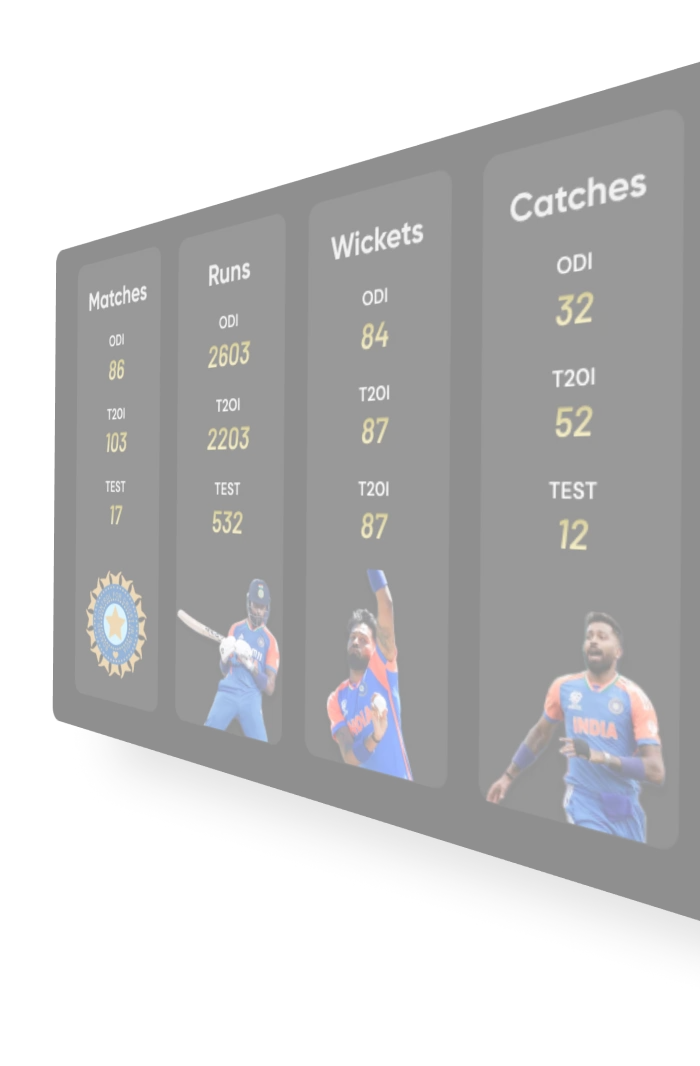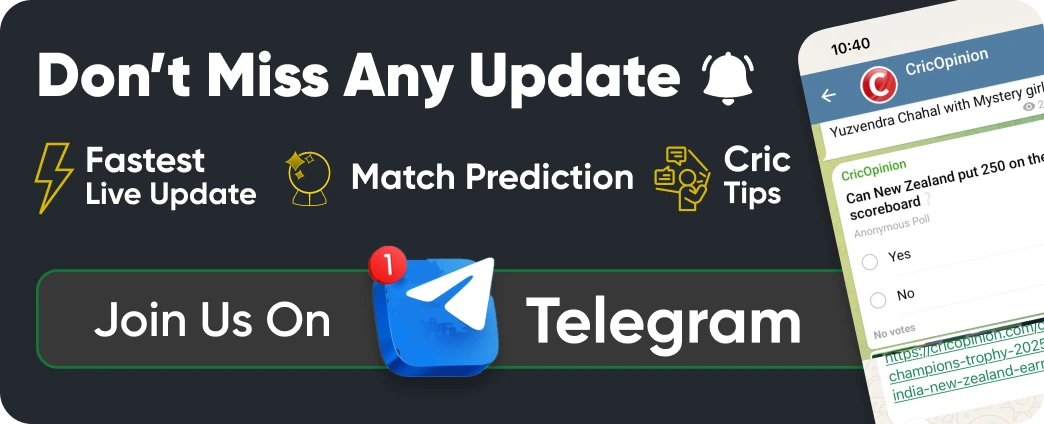
Table Of Contents
Chennai Super Kings and Rajasthan Royals are the two teams that have been found guilty of illegal betting and spot-fixing. The inaugural champions’ three players were arrested and handed life bans for spot-fixing. The Delhi Police arrested the three cricketers and in their report stated how the bowlers had agreed to concede a specified minimum number of runs in a pre-decided over.
One of the top CSK officials, Gurunath Meiyappan was also summoned and arrested within two days. Meiyappan arrest was brought in more controversies as he was the son-in-law of the BCCI President at that time, N Srinivasan. Srinivasan’s India Cements were the owners of the CSK franchise.
The Supreme Court later issued notices to the BCCI, N Srinivasan, India Cements, and Rajasthan Royals. Srinivasan was by the Supreme Court to step down from his position as the BCCI President to ensure that Meiyappan’s case was handled fairly. Raj Kundra, one of the owners was also brought by the Delhi Police for questioning. He confessed to placing bets on matches involving RR.

Top 10 bold statements made during IPL team and how did they turn out?

Most Valuable IPL Teams after the IPL 2025 Season: RCB Tops the List
While there is no exact record of how many matches were fixed, there have been at least three matches involving the number one fixing team in the IPL, RR which were fixed. All of these matches were from IPL 2013. The Delhi Police began their investigation after tip-offs that the Mumbai underworld including Dawood Ibrahim and Chota Shakeel. Initial investigations showed the Delhi Police how Sreesanth, Chandila, and Chavan were in continuous contact with illegal bookies.
Rajasthan Royals bowling first started with Ajit Chandila bowling the first over. Chandila conceded nine runs off his first over. In his next over he conceded 14 runs in his second over. This amount of runs was pre-decided. However, it was revealed later in questioning that Chandila failed to make a sign to indicate the bookies. He was asked by the bookies to return the advance amount of ₹20 lakhs that was given to him.
After Chandila it was time for Sreesanth to go ahead with his fix. Sharing the new ball with Chandila, the former Indian pacer bowled the second over conceding only five runs. It was pre-determined that he would concede 14 runs in his next over. Sreesanth tried his best by bowling rubbish balls outside off. He went for 13 runs but still, the bookies earned crores of rupees with that over. He was promised ₹40 lakh for the fix and was not given any other over in the match.
Sreesanth was the most prominent player among the three players. Unlike Chandila and Chavan, he had enjoyed a great amount of success playing for the Indian cricket team across formats. He was a part of the T20 World Cup and ODI World Cup winning squads in 2007 and 2011 respectively. With his involvement in this scandal, Sreesanth not only lost the respect in the eyes of every cricket fan but also lost his national contract and was even jailed for a brief period of time. Even when his ban was lifted, Sreesanth could not make it back to the IPL as a player.
Ankeet Chavan was the last among the three players to go ahead with his fix. In a match against Mumbai Indians, Chavan bowled the first over of the match conceding only two runs. In the second over Chavan gave the signal to the bookies by adjusting his wristband. He went for 14 runs off his first three balls being hit for two sixes by Glenn Maxwell. Chavan conceded only a single run off the last three balls.
MS Dhoni was one of the most prominent players to give a statement on the IPL match-fixing scandal. Chennai Super Kings was one of the number one fixing team in the IPL. In a documentary, ‘Roar of the Lion”, Dhoni talked about how it was the “most difficult and depressing phase” phase of his life. The former Indian wicketkeeper has found a lot of love from the people of Chennai and CSK’s fans. He further questioned, “What mistake did the players make?”
Sreesanth’s father, Shantakumaran Nair gave a statement where he blamed MS Dhoni and Harbhajan Singh for his son’s arrest. He believed that Sreesanth’s arrest was part of a big conspiracy. Nair, however, later retracted his statement and expressed grief.


Chennai Super Kings and Rajasthan Royals, the number one fixed team in IPL, were banned for two seasons for the involvement of their owners in the fixing scandal. Both the teams missed IPL 2016 and 2017. During these two years, Sunrisers Hyderabad (2016) and Mumbai Indians (2017) were the champions.
The two teams were replaced by the Rising Pune Supergiants (RPSG) and Gujarat Lions (GL). RPSG was owned by Sanjiv Goenka’s RP Sanjiv Goenka Group. He currently owns the Lucknow Supergiants, who holds the record for the most expensive player in the IPL. On the other hand, Gujarat Lions was owned by Keshav Bansal (Intex Technologies)




More Links